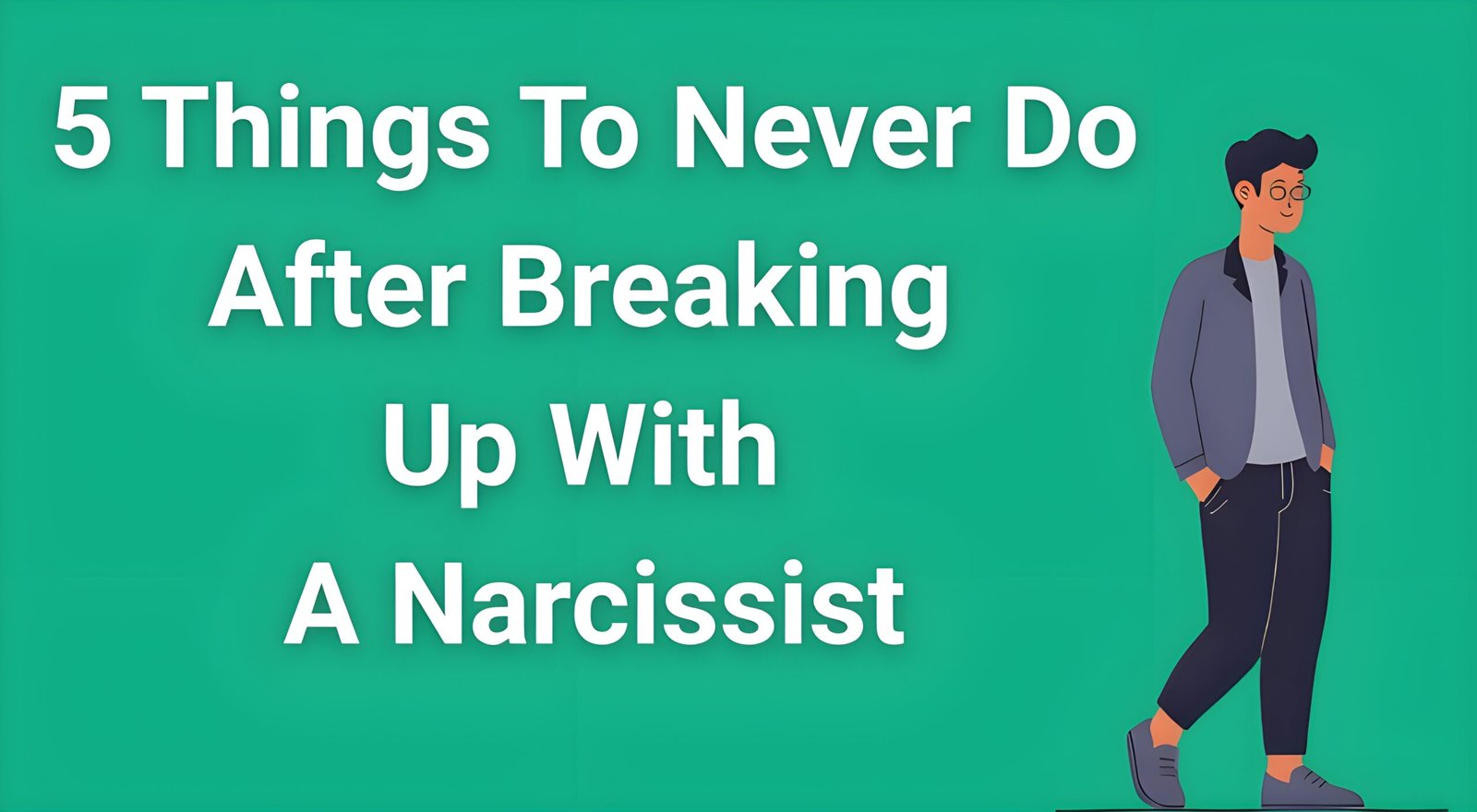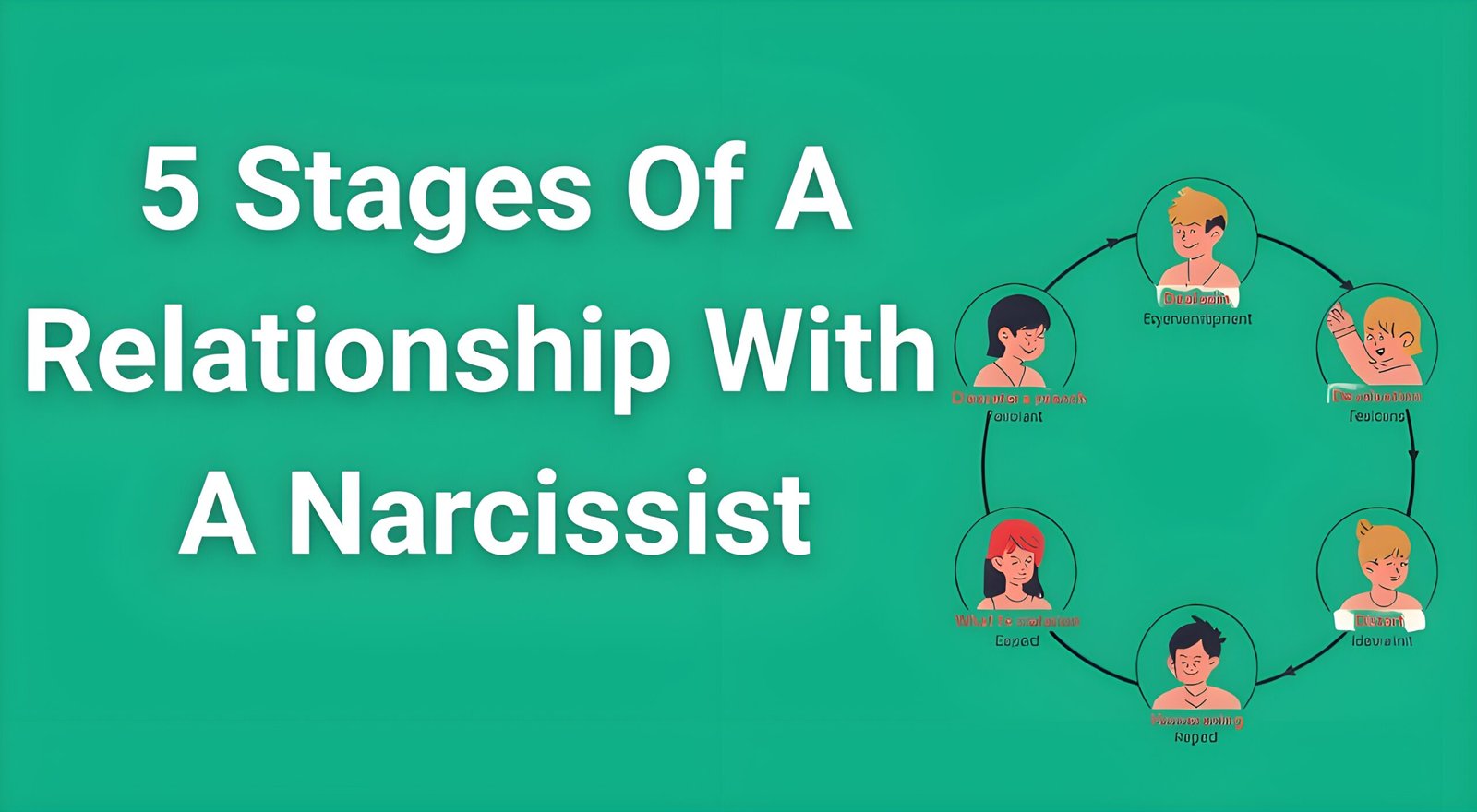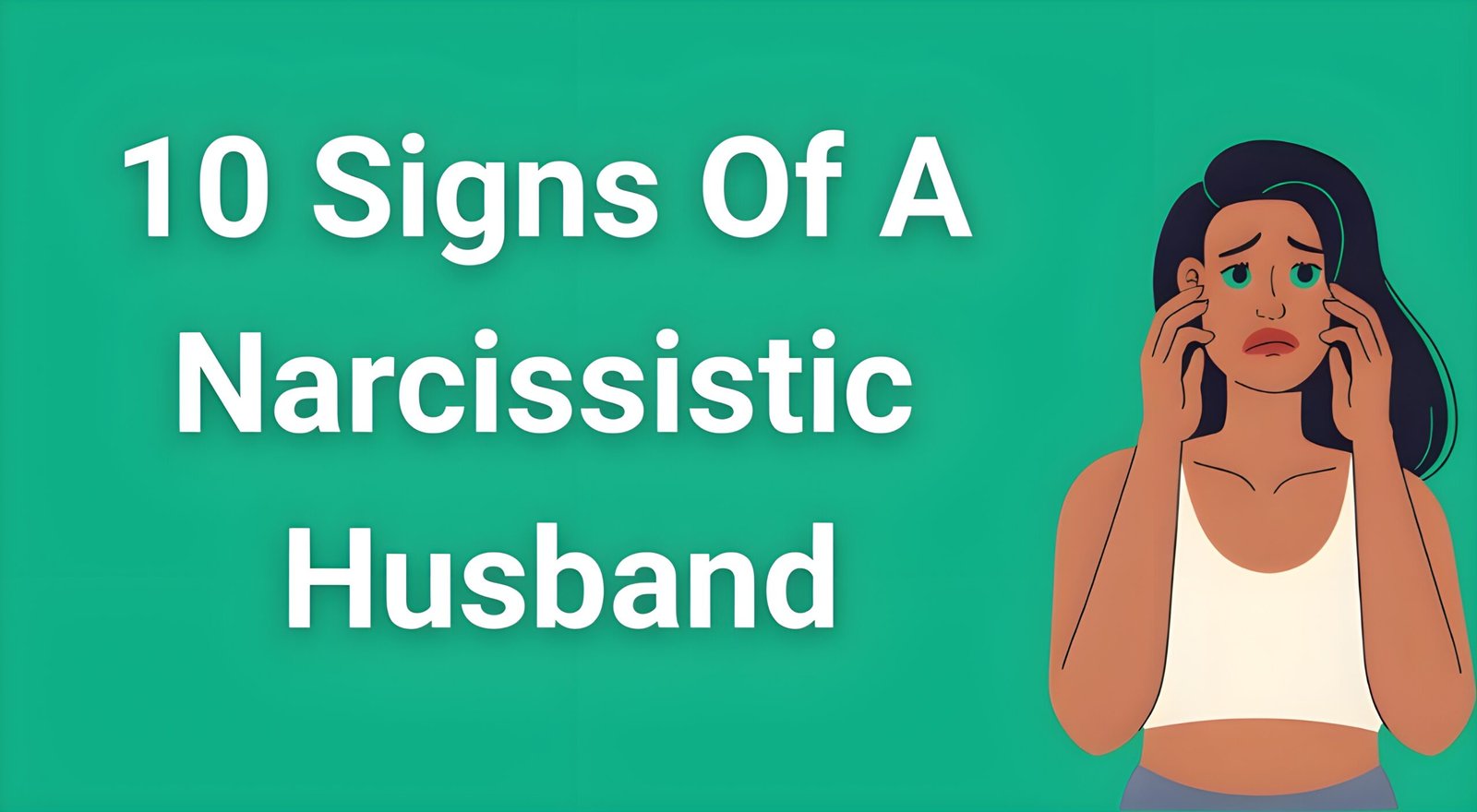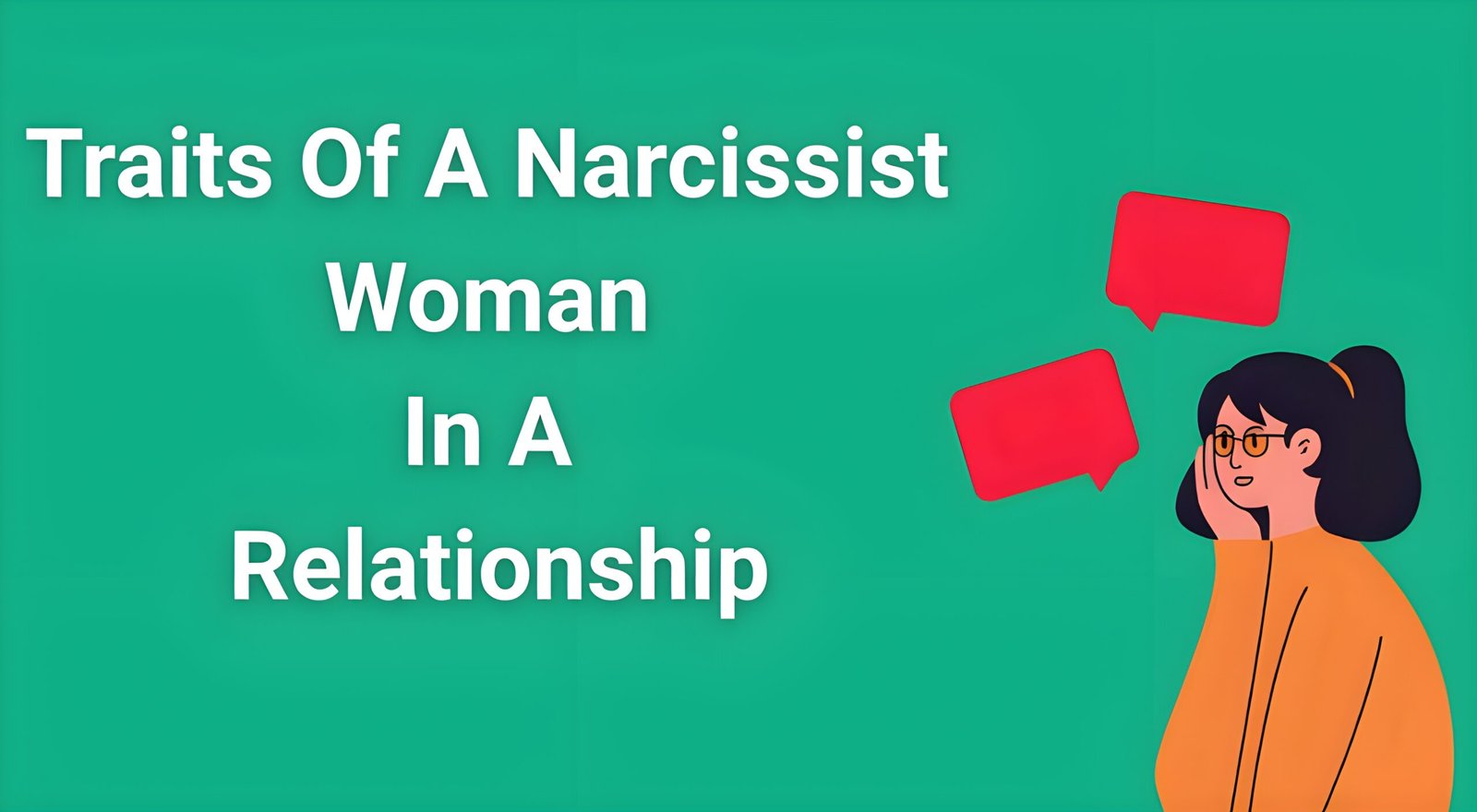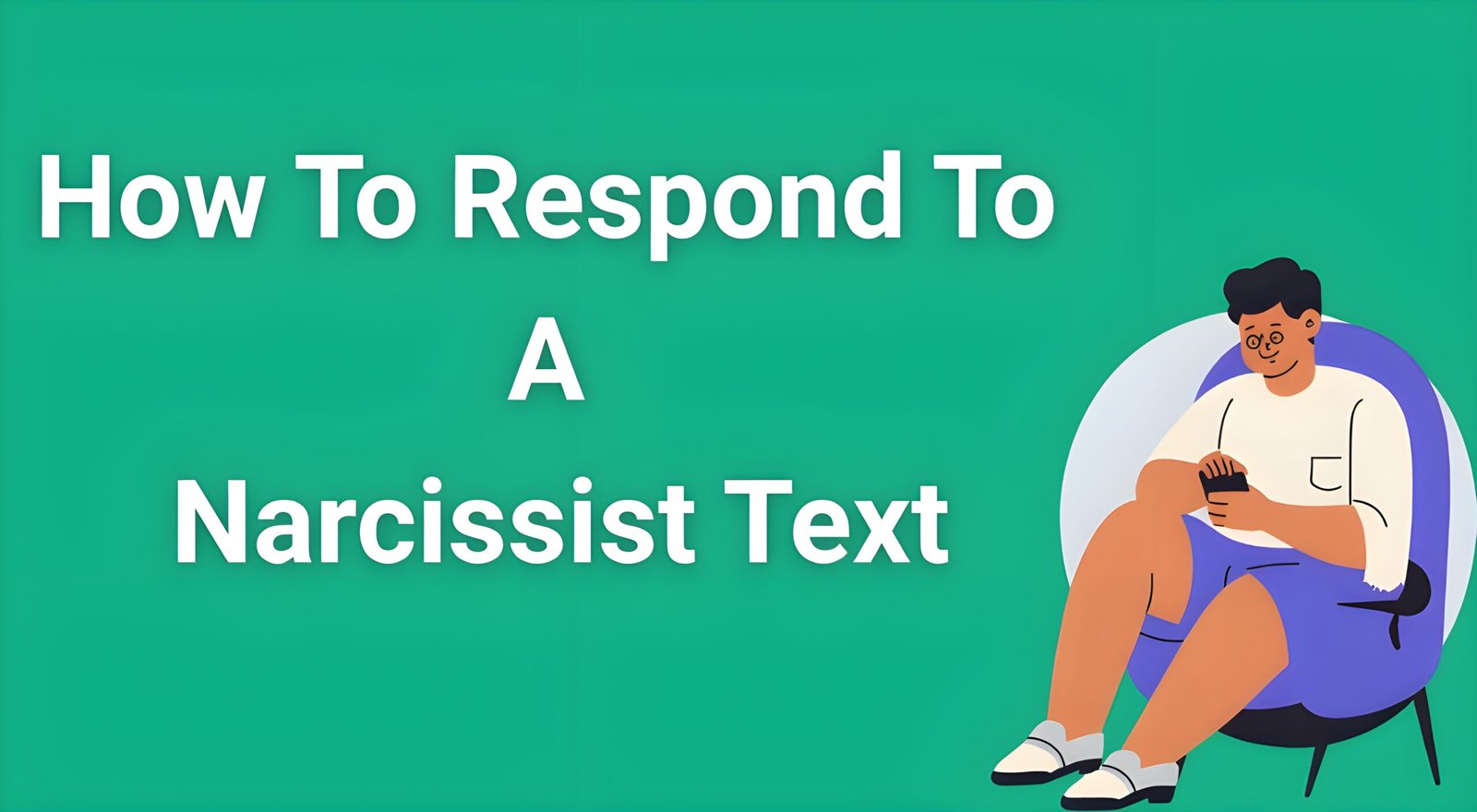The 5 things to never do after breaking up with a narcissist are: maintaining any form of contact, stalking their social media profiles, isolating yourself from support systems, rushing into a new relationship, and neglecting professional help. These mistakes can sabotage your healing process and potentially trap you back in the cycle of narcissistic abuse.
- Understanding Why Narcissistic Breakups Are Different
- Mistake #1: Maintaining Any Form of Contact
- Mistake #2: Stalking Their Social Media Profiles
- Mistake #3: Isolating Yourself From Support Systems
- Mistake #4: Rushing Into a New Relationship
- Mistake #5: Neglecting Professional Help
- The Hidden Danger: Hoovering and Return Attempts
- Building Your Recovery Support System
- Understanding the Stages of Recovery
- Red Flags to Watch for in Future Relationships
- When You Can’t Go No Contact
- The Role of Trauma Bonding in Recovery
- Creating Your Personal Recovery Plan
- Frequently Asked Questions
- Conclusion
Unlike normal breakups where both people feel sadness and loss, narcissistic relationship endings follow a completely different pattern. You’re not just grieving the end of a relationship—you’re grieving the death of an illusion, recovering from psychological manipulation, and rebuilding your entire sense of reality. The mistakes you make in these early days can either accelerate your healing or keep you trapped in emotional prison for years to come.
Understanding Why Narcissistic Breakups Are Different
Before diving into the critical mistakes to avoid, it’s essential to understand why breaking up with a narcissist creates such unique challenges. Normal relationships involve two people who, despite their flaws, have some capacity for empathy, genuine connection, and mutual respect. Even when these relationships end, there’s usually acknowledgment of shared good times and mutual hurt.
Narcissistic relationships operate on entirely different principles. What you experienced wasn’t love—it was a carefully orchestrated psychological manipulation designed to extract narcissistic supply from you. The person you fell in love with during the idealization phase was a meticulously crafted facade, not their authentic self.
When narcissists discard their targets, they often show shocking indifference to your pain. They may move on immediately, seem completely unaffected, or even appear happier than ever. This isn’t because they never cared—it’s because they’re neurologically incapable of the kind of emotional bonding you experienced. While you developed a deep trauma bond with them, they never truly bonded with you at all.
This fundamental difference makes traditional breakup advice not only useless but potentially harmful when applied to narcissistic relationship recovery. The strategies that work for normal relationship endings can actually keep you trapped longer when dealing with a narcissistic ex.
Mistake #1: Maintaining Any Form of Contact
The Mistake: Believing you can remain friends, co-parent civilly without boundaries, or maintain occasional contact “for closure.”
Why It’s Devastating: Every single interaction with a narcissistic ex is an opportunity for them to manipulate, control, and re-traumatize you. They haven’t suddenly developed empathy or genuine care for your wellbeing because the relationship ended. If anything, they may be more motivated than ever to prove they still have power over you.
Narcissists view their former partners as permanent property. Even though they may have discarded you, they don’t want you to fully move on and forget them. They’ll use any contact as an opportunity to:
- Test whether they can still manipulate your emotions
- Plant seeds of doubt about your decision to leave
- Gather information about your life to use against you later
- Maintain their narcissistic supply by keeping you emotionally invested
- Sabotage any new relationships or positive changes in your life
The Hidden Psychological Trap: You might think you’re strong enough to handle limited contact, but narcissists are expert manipulators who know exactly which emotional buttons to push. That “innocent” text asking how you’re doing isn’t innocent—it’s a calculated move to test your boundaries and potentially hook you back in.
Even seemingly positive interactions can be problematic. If they’re being unusually kind or apologetic, it’s likely love-bombing designed to confuse you about your decision to leave. If they’re being cruel or dismissive, it’s designed to make you chase their approval or defend yourself.
The Correct Approach: Implement strict no-contact immediately. This means:
- Block their number, email, and all social media accounts
- Don’t respond to messages sent through friends or family
- Return or dispose of their belongings without contact
- If you must communicate for legal or co-parenting reasons, use only written communication through official channels or apps designed for high-conflict situations
Co-Parenting Considerations: If you share children, communication should be strictly limited to child-related logistics. Use court-approved parenting apps that document all communication. Never discuss personal matters, the relationship, or engage with emotional manipulation attempts.
Mistake #2: Stalking Their Social Media Profiles
The Mistake: Obsessively checking their social media accounts, looking at their stories, monitoring their activities, or having friends provide updates about what they’re posting.
Why It’s Devastating: Social media stalking is one of the most psychologically damaging things you can do to yourself after a narcissistic breakup. Narcissists are acutely aware that their exes will likely monitor their social media, and they intentionally curate their online presence to maximize your emotional distress.
Every post, photo, and update is strategically designed to:
- Make you question your decision to leave
- Trigger jealousy and feelings of inadequacy
- Create the illusion that they’re thriving without you
- Suggest that the problems in your relationship were your fault
- Make you believe they’ve found someone “better”
The Psychological Manipulation: That picture of them looking happy with someone new? It was posted specifically hoping you’d see it. Those “inspirational” quotes about toxic people? They’re meant to paint you as the problem. The apparent happiness and success they’re displaying? It’s likely a complete fabrication designed to maintain their image and hurt you simultaneously.
What you’re seeing isn’t reality—it’s a carefully constructed performance. Behind the scenes, they’re probably as empty and miserable as ever, but they’ve become experts at creating convincing facades for public consumption.
The Neurological Damage: Every time you check their social media, you’re flooding your brain with stress hormones and reinforcing neural pathways associated with the trauma bond. You’re essentially giving yourself repeated doses of psychological poison while expecting to heal.
The Correct Approach: Complete social media detox regarding your ex:
- Block them on all platforms immediately
- Ask mutual friends not to share information about them
- Resist the urge to create fake accounts to spy on them
- Use browser extensions that block their profiles if you’re tempted
- Consider taking a complete break from social media for the first few months after the breakup
When Temptation Strikes: Write down exactly how you feel after checking their social media. Keep this list handy to remind yourself why it’s harmful. Every time you’re tempted to look, read your list instead and do something nurturing for yourself.
Mistake #3: Isolating Yourself From Support Systems
The Mistake: Withdrawing from friends and family because you’re embarrassed, don’t want to burden them, or believe they won’t understand what you’ve been through.
Why It’s Devastating: Isolation is one of the most dangerous things you can do after escaping a narcissistic relationship. During the relationship, your narcissistic ex likely worked systematically to isolate you from your support network, making you increasingly dependent on them for emotional validation and reality testing.
Now that the relationship is over, your instinct might be to continue this isolation because:
- You’re ashamed of what you endured or embarrassed that you stayed so long
- You believe you’re too damaged or broken to be good company
- You’re tired of explaining the complexity of narcissistic abuse to people who don’t understand
- You think you’re protecting others from your pain
- You’ve lost confidence in your ability to maintain healthy relationships
The Psychological Consequence: Isolation compounds the effects of narcissistic abuse exponentially. Without external perspectives, you’re left alone with the distorted thoughts and beliefs your abuser programmed into you. You might start believing their narrative that you’re crazy, oversensitive, or the real problem in the relationship.
Humans are social beings who need connection to heal from trauma. When you isolate, you’re depriving yourself of the very thing your nervous system needs most: safe, supportive relationships that can help you remember your worth and rebuild your sense of reality.
The Correct Approach: Actively rebuild your support network:
- Reach out to friends and family members you may have lost touch with during the toxic relationship
- Be honest about what you’ve been through with people you trust
- Join support groups specifically for narcissistic abuse survivors
- Consider working with a therapist who specializes in narcissistic abuse recovery
- Engage in community activities that align with your interests and values
Setting Healthy Boundaries: You don’t need to share every detail of your experience with everyone, but having a few trusted people who understand your situation is crucial. Be selective about who you confide in, and don’t be afraid to limit contact with people who minimize your experience or suggest you should “just get over it.”
Mistake #4: Rushing Into a New Relationship
The Mistake: Immediately seeking a new romantic partner to fill the emotional void, validate your attractiveness, or “show” your ex that you’ve moved on.
Why It’s Devastating: After a narcissistic relationship, your ability to recognize red flags is severely compromised. Your self-esteem is shattered, your boundaries are weak, and you’re likely carrying significant trauma that hasn’t been processed yet. This makes you extremely vulnerable to attracting another narcissistic partner or other toxic individuals.
The Psychological Vulnerabilities: Narcissistic abuse creates specific psychological vulnerabilities:
- Desperate need for external validation
- Tolerance for inappropriate behavior
- Confusion about what healthy love looks like
- Trauma bonding patterns that make chaos feel familiar
- Belief that you need someone else to complete you
The Repetition Compulsion: Without proper healing, you’re likely to unconsciously seek partners who recreate familiar relationship dynamics, even if they were harmful. This isn’t a conscious choice—it’s your brain’s attempt to resolve past trauma by recreating similar situations where you hope for a different outcome.
The Rebound Trap: Rebound relationships after narcissistic abuse rarely provide genuine healing. Instead, they often become:
- Distractions from necessary emotional work
- New sources of drama and instability
- Opportunities for manipulation by people who recognize your vulnerability
- Ways to avoid processing the pain of your previous relationship
The Correct Approach: Commit to a substantial period of single-focused healing:
- Take at least 6-12 months to focus solely on your recovery
- Use this time to rebuild your relationship with yourself
- Work on identifying and healing childhood wounds that made you vulnerable to narcissistic abuse
- Develop strong personal boundaries and learn to recognize red flags
- Rebuild your independent identity outside of romantic relationships
Healing Activities Instead of Dating:
- Therapy focused on narcissistic abuse recovery
- Journaling and self-reflection
- Reconnecting with old friends and hobbies you abandoned
- Engaging in creative or physical activities that bring you joy
- Volunteering or pursuing causes you care about
Sometimes, the compulsion to jump into a new relationship stems from deeper issues than just loneliness. If you find yourself obsessively thinking about your ex, checking their social media, or feeling unable to break emotional ties despite knowing better, you might be experiencing trauma bonding—a psychological phenomenon stronger than cocaine addiction.
Understanding that trauma bonds operate like biochemical addictions can provide crucial context for why healing feels so difficult. The 30-Day Trauma Bond Recovery Workbook offers a science-based approach to breaking these addictive patterns through structured daily practices that target the neurological roots of the problem, not just willpower.
Mistake #5: Neglecting Professional Help
The Mistake: Believing you should be able to heal from narcissistic abuse on your own, that therapy is unnecessary, or that time alone will heal your wounds.
Why It’s Devastating: Narcissistic abuse creates complex psychological trauma that’s fundamentally different from other types of relationship difficulties. The combination of gaslighting, emotional manipulation, intermittent reinforcement, and systematic erosion of self-worth creates lasting changes in brain structure and function that require specialized understanding to heal.
The Unique Nature of Narcissistic Abuse Trauma:
- Reality distortion that makes you question your own perceptions and memories
- Hypervigilance and anxiety that persist long after the relationship ends
- Difficulty trusting your own judgment and decision-making abilities
- Shame and self-blame that keep you trapped in victim mentality
- Complex trauma responses that trigger at unexpected times
Why General Advice Isn’t Enough: Well-meaning friends and family often provide advice like “just move on,” “focus on the positive,” or “forgive and forget.” While this advice might work for normal relationship difficulties, it’s not only unhelpful for narcissistic abuse recovery—it can actually be harmful by minimizing your experience and suggesting that your ongoing struggles are a choice rather than a natural response to psychological trauma.
Professional Benefits: Working with a therapist who specializes in narcissistic abuse provides several crucial advantages:
- Validation of your experience and education about narcissistic abuse dynamics
- Specialized techniques for healing complex trauma and rebuilding self-worth
- Safe space to process confusing emotions without judgment
- Professional perspective on your progress and setbacks
- Guidance on rebuilding healthy relationship patterns
The Correct Approach: Seek specialized professional support:
- Look for therapists specifically trained in narcissistic abuse recovery
- Consider EMDR, trauma-focused CBT, or other evidence-based trauma treatments
- Join support groups led by qualified professionals
- Work with coaches who specialize in narcissistic abuse recovery
- Don’t be afraid to try multiple therapists until you find one who truly understands your experience
For those still questioning whether what they experienced truly constitutes narcissistic abuse, professional assessment can provide crucial clarity. Sometimes the gaslighting and manipulation are so subtle that victims struggle to trust their own perceptions. Getting expert analysis of your specific situation can provide the validation and understanding needed to move forward confidently in your healing journey.
The Hidden Danger: Hoovering and Return Attempts
As you’re navigating these early recovery weeks, be prepared for your narcissistic ex to attempt what experts call “hoovering”—attempts to suck you back into their orbit. These attempts often come just when you’re starting to feel stronger and more independent.
Common Hoovering Tactics:
- Sudden vulnerability and apparent self-awareness: “I’ve been thinking about what you said, and you’re right…”
- Crisis situations where they “need” you: health scares, family emergencies, financial troubles
- Nostalgic messages about good times: “Remember when we…” followed by photos or mementos
- Apologies and promises of change: “I’ve started therapy and I’m a different person now”
- Using children, pets, or mutual obligations to force contact
- Showing up at places they know you’ll be
Why Hoovering Works: These attempts are carefully calculated to exploit your specific emotional vulnerabilities. They know exactly what words, memories, or situations will make you question your decision to leave. The timing is never coincidental—they often hoover when they sense you’re pulling away emotionally or when they need new narcissistic supply.
Protecting Yourself: Remember that any contact attempt is manipulation, regardless of how it’s packaged. The person who hurt you repeatedly hasn’t suddenly transformed because you left. Real change takes years of consistent therapy and self-reflection, not a few weeks or months of being alone.
Building Your Recovery Support System
Healing from narcissistic abuse requires a multi-layered approach that addresses the psychological, emotional, and sometimes physical trauma you’ve endured. Your support system should include:
Professional Support:
- Therapist specializing in narcissistic abuse and complex trauma
- Medical doctor to address any physical health impacts of chronic stress
- Psychiatrist if you’re experiencing depression, anxiety, or PTSD symptoms
Peer Support:
- Support groups for narcissistic abuse survivors
- Online communities focused on recovery (with appropriate boundaries)
- Trusted friends who can provide reality checks when you’re doubting yourself
Personal Support:
- Family members who understand and validate your experience
- Spiritual or religious community if that aligns with your beliefs
- Mentors or role models who demonstrate healthy relationship patterns
Educational Support:
- Books, podcasts, and resources specifically about narcissistic abuse recovery
- Workshops or courses on boundary setting and healthy relationships
- Educational materials about trauma responses and healing
Understanding the Stages of Recovery
Recovery from narcissistic abuse typically follows predictable stages, though the timeline and intensity vary for each person:
Stage 1: Shock and Disorientation (0-3 months) You may feel confused, question your decision, and struggle with basic daily functioning. The cognitive dissonance between what you experienced and what others tell you about relationships can be overwhelming.
Stage 2: Grief and Anger (3-9 months)
As the shock wears off, you may experience intense grief for the person you thought they were and rage about what was done to you. This is a normal and necessary part of healing.
Stage 3: Education and Understanding (6-18 months) You begin learning about narcissistic abuse, recognizing patterns, and understanding that what happened wasn’t your fault. This knowledge is crucial for preventing future abuse.
Stage 4: Rebuilding and Integration (1-3 years) You start rebuilding your identity, establishing healthy boundaries, and developing new relationship skills. The trauma responses begin to diminish, and you feel more like yourself again.
Stage 5: Thriving and Prevention (2+ years) You’ve developed strong boundaries, healthy relationship skills, and the ability to spot red flags early. You may choose to help others going through similar experiences.
Understanding these stages helps normalize the recovery process and sets realistic expectations for your healing timeline. There’s no “right” way to heal or specific timeframe you should follow.
Red Flags to Watch for in Future Relationships
Part of recovery involves developing a refined ability to recognize potential narcissistic partners early in the dating process. After narcissistic abuse, your red flag detector needs recalibration because you’ve likely normalized behaviors that healthy people would immediately recognize as concerning.
Early Warning Signs:
- Love bombing: Excessive attention, gifts, and declarations of love very early in the relationship
- Moving too fast: Wanting to be exclusive, move in together, or make major commitments within weeks
- Isolation attempts: Subtle discouragement from spending time with friends or family
- Boundary testing: Pushing against small boundaries to see what they can get away with
- Lack of empathy: Inability to recognize or care about your feelings when you’re upset
- Grandiose self-image: Constant need to be seen as special, unique, or superior
- Entitlement: Expectation that rules don’t apply to them or that they deserve special treatment
Green Flags to Look For:
- Respects your boundaries immediately without arguing or testing
- Maintains friendships and encourages yours
- Shows genuine interest in your thoughts, feelings, and experiences
- Takes responsibility for their mistakes without blame-shifting
- Demonstrates consistent behavior across different situations and relationships
- Has realistic self-awareness about their strengths and weaknesses
When You Can’t Go No Contact
Some situations make complete no-contact impossible—shared children, work relationships, or legal proceedings. In these cases, modified contact strategies become essential:
Gray Rock Method: Become as boring and unresponsive as possible. Provide only necessary information, avoid emotional reactions, and don’t share personal details about your life.
Structured Communication: Use email or text only, stick strictly to necessary topics, and document all interactions. Don’t engage with emotional manipulation or off-topic attempts.
Professional Mediation: Use lawyers, mediators, or co-parenting apps to minimize direct contact while ensuring necessary communication occurs.
Boundaries with Consequences: Clearly state what behavior you won’t tolerate and follow through with consequences immediately when boundaries are violated.
If you’re in a situation where leaving isn’t immediately possible due to financial constraints, safety concerns, or other complex factors, developing interim coping strategies becomes crucial. Learning how to protect your mental health while still in proximity to narcissistic abuse can provide essential tools for survival and eventual escape.
The Role of Trauma Bonding in Recovery
One of the most confusing aspects of narcissistic abuse recovery is the intense attachment you may still feel toward your abuser despite knowing they hurt you. This isn’t weakness or evidence that you still love them—it’s trauma bonding, a psychological phenomenon that creates addictive-like attachment to people who alternately hurt and comfort you.
How Trauma Bonds Form: Intermittent reinforcement (unpredictable cycles of punishment and reward) creates the strongest psychological bonds possible. Your brain releases dopamine during the “good” times, creating an addiction-like response to your abuser’s approval and affection.
Why They’re So Hard to Break: Trauma bonds operate below conscious awareness, triggering powerful neurochemical responses that feel like love but are actually addiction. Simply knowing about trauma bonding doesn’t automatically break these bonds—they require specific intervention strategies.
Breaking Trauma Bonds:
- Education about how trauma bonds work psychologically
- Consistent no-contact to allow brain chemistry to normalize
- Professional therapy to process the underlying attachment wounds
- Somatic practices to help regulate nervous system responses
- Community support to provide healthy relationship modeling
Creating Your Personal Recovery Plan
Healing from narcissistic abuse requires intentional, structured effort. Creating a personalized recovery plan helps ensure you’re addressing all aspects of trauma while building sustainable healing practices.
Daily Practices:
- Morning routines that ground and center you
- Journaling to process emotions and track progress
- Physical exercise to regulate stress hormones
- Mindfulness or meditation practices
- Evening reflection and gratitude practices
Weekly Practices:
- Therapy or counseling sessions
- Support group meetings
- Social activities with trusted friends
- Creative or hobby pursuits that bring joy
- Nature activities or other restorative practices
Monthly Practices:
- Progress assessment and goal adjustment
- Relationship with family and friend maintenance
- Self-care activities like massage, spa days, or retreats
- Educational activities like reading recovery books or attending workshops
Quarterly Practices:
- Professional progress review with therapist
- Relationship pattern assessment
- Life goal evaluation and adjustment
- Celebration of recovery milestones
Frequently Asked Questions
Q: How long does it take to recover from a narcissistic relationship?
A: Recovery timelines vary greatly depending on factors like the length of the relationship, severity of abuse, your support system, and personal resilience. Most people see significant improvement within 6-18 months with proper support, but full recovery often takes 2-5 years. Remember, healing isn’t linear, and everyone’s journey is unique.
Q: What if my narcissistic ex tries to come back with promises of change?
A: Genuine change in someone with narcissistic personality disorder is extremely rare and requires years of consistent therapy. Most “change” promises are manipulation tactics designed to regain control. True transformation would be demonstrated through actions over extended periods, not words or short-term behavior modifications.
Q: Is it normal to still miss my narcissistic ex despite knowing they were abusive?
A: Absolutely. Missing your abuser is a normal part of trauma bonding, not evidence that the relationship was healthy or that you should return. You’re grieving the person you thought they were and the future you imagined, not the reality of who they actually are.
Q: How do I explain narcissistic abuse to friends and family who don’t understand?
A: Focus on specific behaviors rather than diagnostic labels. Share educational resources about psychological manipulation. Set boundaries with people who minimize your experience. Remember, you don’t need everyone to understand your experience to validate its reality.
Q: What if I have children with my narcissistic ex?
A: Co-parenting with a narcissistic ex requires special strategies including documented communication, parallel parenting approaches, and sometimes professional intervention. Consider working with professionals who specialize in high-conflict co-parenting situations.
Q: Can narcissists ever truly change?
A: While personality change is theoretically possible, it requires years of intensive therapy, genuine motivation to change, and the ability to develop empathy—qualities rarely present in narcissistic individuals. Banking your recovery on their potential change is dangerous for your wellbeing.
Conclusion
Breaking up with a narcissist is only the beginning of your recovery journey. The 5 critical mistakes outlined—maintaining contact, social media stalking, isolating yourself, rushing into new relationships, and neglecting professional help—can derail your healing and potentially trap you back in cycles of abuse.
Your recovery is not just about avoiding these mistakes; it’s about actively building a new life based on healthy boundaries, authentic relationships, and genuine self-worth. The confusion, pain, and disorientation you’re feeling right now are temporary, but the strength and wisdom you’ll gain through proper healing will last a lifetime.
Remember that seeking help isn’t a sign of weakness—it’s a sign of wisdom. Whether through professional therapy, support groups, or educational resources, investing in your recovery is the most important gift you can give yourself and your future relationships.
You survived the abuse. Now it’s time to thrive beyond it. Every day you choose healing over familiar toxicity, you’re reclaiming your power and building a future worthy of the love and respect you deserve. The narcissist in your life counted on your confusion and self-doubt to maintain control. Your clarity and commitment to healing is your ultimate victory.

